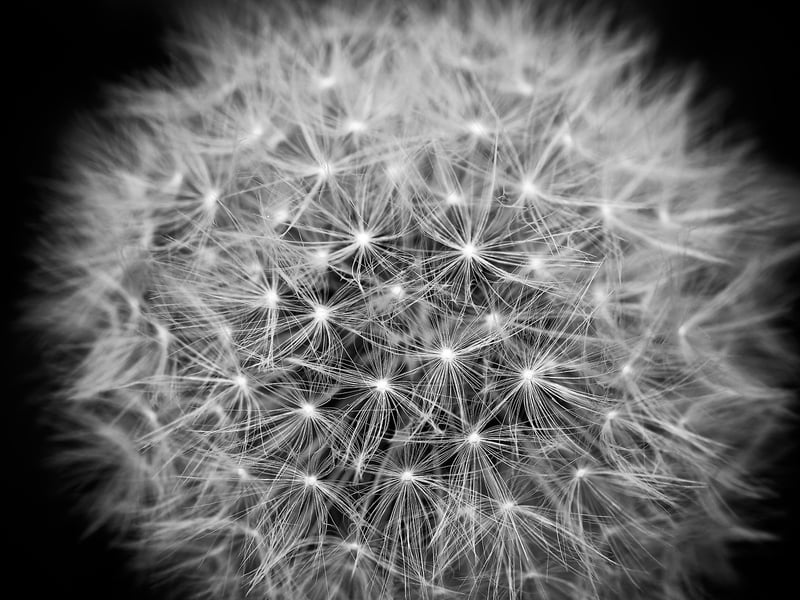Causal Loops
The Intriguing Relationship Between Complex Phenomena and Causal Loops
Complex phenomena and causal loops are two concepts that intertwine in fascinating ways, shedding light on the intricate workings of various systems. Understanding their relationship can provide valuable insights into the dynamics of interconnected elements and the emergence of unexpected outcomes.
Complex Phenomena: Unraveling the Intricacies
Complex phenomena refer to systems or situations that exhibit non-linear behaviors, where multiple components interact in intricate ways, often resulting in emergent properties that cannot be predicted from the individual parts alone. Examples of complex phenomena can be found in nature, economics, sociology, and many other fields.
One striking characteristic of complex phenomena is their sensitivity to initial conditions and feedback loops. Small changes in one part of the system can lead to significant ripple effects throughout, sometimes culminating in large-scale transformations or unexpected patterns.
Causal Loops: The Feedback Mechanism
Causal loops, also known as feedback loops, play a crucial role in shaping the behavior of complex systems. These loops involve a series of interconnected causal relationships where the output of one element becomes the input of another, creating a self-reinforcing or self-correcting feedback mechanism.
There are two main types of causal loops: reinforcing loops, where a change in one direction amplifies itself, leading to exponential growth or decline, and balancing loops, where changes in one direction trigger counteractive responses to maintain equilibrium.
The Interplay Between Complex Phenomena and Causal Loops
Complex phenomena often exhibit multiple intertwined causal loops that influence the system's behavior over time. These loops can create dynamic patterns of growth, stability, or oscillation, giving rise to emergent properties that are greater than the sum of their parts.
Understanding the relationship between complex phenomena and causal loops can help researchers, policymakers, and practitioners navigate intricate systems more effectively, anticipate potential outcomes, and design interventions that leverage feedback mechanisms to achieve desired results.
Exploring Further
If you're interested in delving deeper into the world of complex phenomena and causal loops, check out the resources below:
- Santa Fe Institute - Complexity Science Resources
- Book: "Complexity: Philosophy and Scientific Research"

By exploring the intricate connections between complex phenomena and causal loops, we can gain a deeper appreciation for the underlying dynamics of the world around us and unlock new possibilities for understanding and shaping complex systems.
